Aircraft CO2 emissions are directly linked to fuel burning. Each pound of fuel saved reduces CO2 emissions by 3 pounds. The aviation industry says it is trying hard to minimize its environmental impact. Its goal is to reduce emissions by using more fuel efficient technologies.
Are we on the right track?
New aircrafts are 70% more fuel efficient than 40 years ago (See figure below). Modern aircrafts achieve fuel efficiencies of 3 liters per 100 passenger-km (80 miles-passenger per gallon). This is better than a solo-trip in a European compact car (1).
Figure -1.
Trend in Air Transport Fuel Efficiency (2)
Fuel burned per passenger – km. Base line = 100 (Comet-4)
In the meantime, worldwide CO2 emissions in air transport keep growing (See figure below). Furthermore, ICAO (3) forecasts that global aviation emissions will grow by 70% over existing levels by 2020. By 2050, that would be 4 times today’s levels.
Figure-2.
Global Aircraft Fuel Burn Forecast (3). Millions of Metric-Tons.
Didn’t we say we want to reduce CO2 emissions?
Ways to save fuel is what we have been striving for since the Wright Brothers’ first flight. It is good for business. It reduces costs. But fuel efficiency on a per passenger-kilometer basis does not necessarily translate into emissions reduction in absolute terms. We must have a closer look at their emission reduction strategy.
More fuel efficiency would mean cheaper flights. People that up until now could not afford taking a plane would have access to this mode of transportation. Furthermore, occasional flyers like me would catch more flights and would fly to further away destinations. To be honest, I can’t wait to be able to afford a flight to Tierra del Fuego.
The Aviation Industry is facing what is now known as Jevon’s Paradox. William Jevons, an English economist, already warned back in 1865 that increases in energy efficiency leads to more, not less, energy consumption.
ICAO members met to talk about CO2 emissions reduction. ICAO is aware that fuel efficiency improvement is unlikely to deliver the level of reduction necessary to stabilize and then reduce aviation’s absolute emissions (3). Taking the necessary steps to effectively reduce CO2 emissions, like implementing fuel quotas, is not the best for business and therefore, no agreement was reached. The only agreement was to undertake further talks.
Again, are we on the right track?
( 1 ) International Air Transport Association. Operational Fuel Efficiency
(2) Source: adapted from Fuel Efficiency of Commercial Aircraft. An overview of historical and future trends. National Aerospace Laboratory NLR. The Netherlands and Trends in Fuel Efficiency, Selected Passenger Jet Planes. The Geography of Transport Systems.
(3) International Civil Aviation Organization. Environmental Report 2010.





